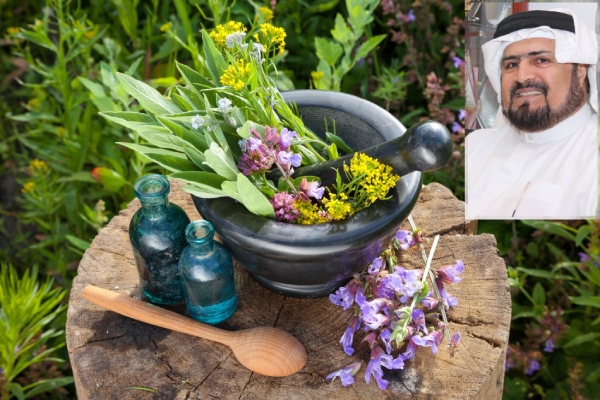A grove of friendship
In these environmentally testing times, it is very good to see that Bahrain and India have created a living green monument to the millennia-old friendship between both countries.
Indian Ambassador Alok Kumar Sinha with good gesture led the planting of 150 Neem trees in the Bahrain-India Friendship Garden in the sprawling grounds of the GPIC recently. The state-of-the-art garden has the latest irrigation system in place to ensure that these hardy trees grow into a leafy eco-footprint. The Neem is a medicinal plant that even Bahrainis respect and use – it is not an uncommon sight in many of the gardens in Bahrain and often, the older generation can be seen collecting the bitter neem leaves or the small round fruit to extract the juice which is then used for a wide range of purposes from skin tonics to de-worming and treating dandruff.
Reading about the planting of the neem grove made me nostalgic for the old herbal remedies of Bahrain which seem to be banished by a wave of lotions and ointments that come in shiny bottles and tubes with fancy prices. For example, if we got accidentally sunburnt or even hurt by a minor cooking accident, our grandparents and parents would first reach for a jar of Tahini, the sesame cream used in cooking.
Its soothing benefits would relieve the skin and heal it without scars. Research conducted in the past three years or so, suggest that Bahraini herbalists are a diminishing tribe. The ‘Hawaj’ or herbalist today focuses more on cosmetics and less on medicinal herbs. Further, in the bylanes of our governorates, we will find herbalists selling medicinal plants that have been mainly imported but, alas, very badly stored in unbreathable plastic containers and in direct sunlight, making the herbs less effective.
There should be a proper research into Bahrain’s herbal traditions, a documentation of our age-old herbal knowledge and cataloguing of our indigenous herbs and medicinal plants. There are more than 52 local medicinal plants in Bahrain but the rapid clearing of wild growth for urbanisation means that they are a vanishing national wealth.
Let us take a leaf out of the Indian approach to herbal medicines – we need to diligently track our indigenous knowledge and herbs and, like the Indian Ayurvedic system, we need to make it relevant and a complementary medicinal system in these modern times.
Related Posts

